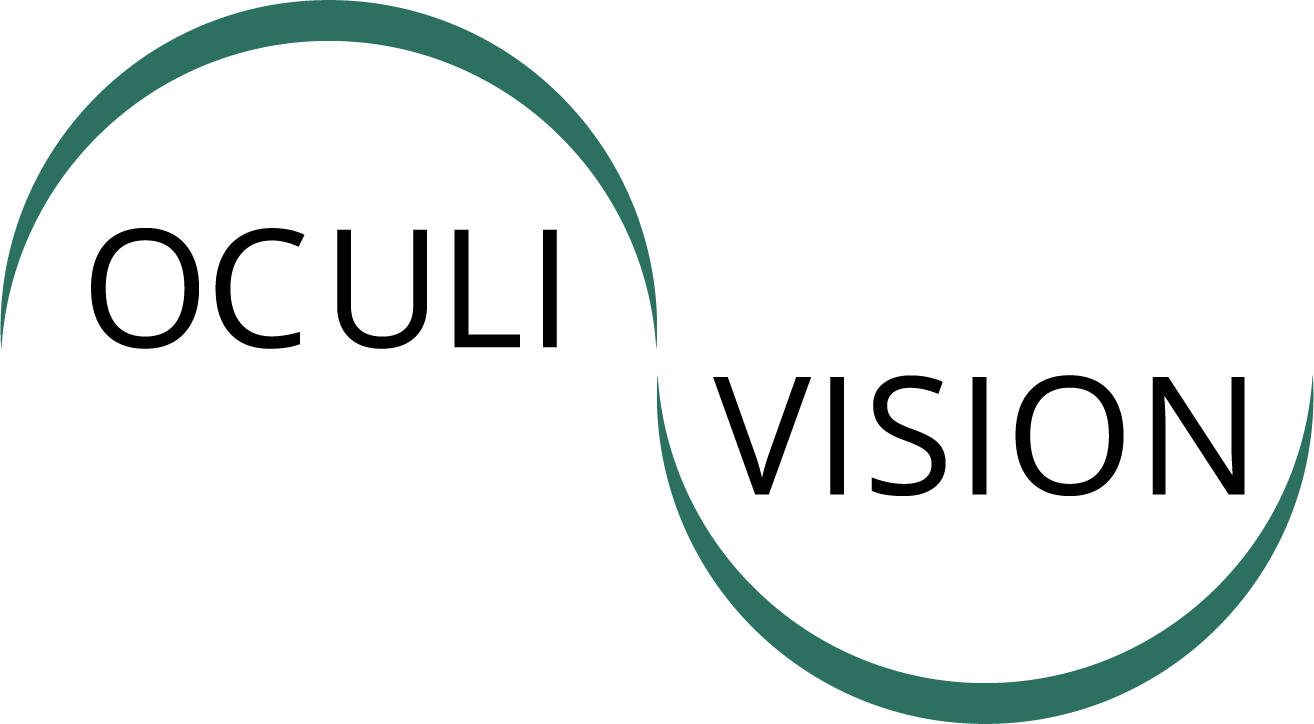Poor eyesight often happens to the best of us. Whether due to injury, the natural aging process, genetic predisposition, or lifestyle choices, some of us simply don’t see the world very clearly. Many will be prescribed glasses or contacts in order to navigate with less strain, more clarity, and an improved quality of life. It turns out that our world is pretty remarkable when you can actually see all the amazing people, places, and things that surround you! That said, one may wonder whether their prescription lenses and other habits affect natural vision long-term. Can vision eventually get better, or will glasses be required indefinitely?
Two Sides Divided
What seems like a simple question at first is actually one which continues to be hotly debated. There are essentially two camps which hold opposing perspectives on this issue, and they rarely overlap.
The first of these tends to include natural care and vision correction proponents, optometrists, and medical doctors who hold that our bodies often adapt over time. They argue that eyesight can improve—we’re just restricting its ability to do so by becoming reliant on external tools like glasses and contacts. Many encourage turning instead to visual therapy, a type of natural treatment for the eyes and brain, insisting that it may gradually reteach our eyes to operate properly. Other supportive measures are also held in high regard, such as adjusting one’s diet, exercising regularly, and improving our overall health habits.
On the other hand, some traditional specialists and eye physicians consider this stance to be both unhelpful and potentially harmful. They view natural eyesight correction as little more than wishful thinking, and argue that poor eyesight largely cannot be permanently corrected. Vision problems are often regarded as lifelong conditions which will always persist, barring surgery, and those with this perspective generally view fighting against this truth to be pointless; they feel that simply utilizing visual aids and keeping your prescription up to date is the only way to enhance eyesight.
Who’s Correct About Vision Correction?
It’s apparent that these two sides will never fully agree, but the longstanding arguments have been incredibly eye-opening. Much research has been conducted in this field and much has been learned over the years, but the truth of the matter is that while vision quality is influenced by environmental factors, genetics and heredity play a major role in the development of individual ability.
One of the central takeaways is that eyesight can sometimes improve, but only rarely and in certain situations. For example, if poor vision resulted from underlying health conditions or dietary deficiencies, addressing these may actually clear up blurry vision (pun intended). Likewise, consciously retraining our eyes can also be slightly helpful should the underlying issue arise from a lack of focus or attention.
Unfortunately, these are not the situations most of us will find ourselves in. Many individuals experience poor eyesight due to genetics or other factors beyond their control. No amount of beta carotene or eye training exercises can negate such effects, and the lack of evidence for the aforementioned interventions seems to support that.
So, can eyesight really improve long-term? Sometimes, but don’t count on it, and certainly don’t expect it to happen overnight. Managing health and embracing temporary corrective interventions is generally the way to go, and data shows these habits to be beneficial. However, if you’re concerned about the quality of your eyesight and would like some suggestions, please don’t hesitate to reach out for more information. Clear vision is a critical component of a quality life, and we’d be grateful for the opportunity to contribute to your overall wellbeing.

